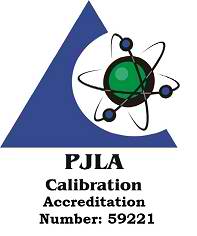At A-1 Scale Company, we are the full-service solution for all of your weighing needs. In addition to the sales, installation, calibration, repair and certification of scales, we also provide data acquisition systems that provide you with the ability to count, log, time-stamp and then transfer your weight data to a pc for analysis.
Our data loggers are fully programmable to perform customized and automated data collection to your specifications. We have pen drive and sd card options for ease of portability and data transfer.
Give us a call to learn more: 1-800-241-1536 or Contact Us Here:

